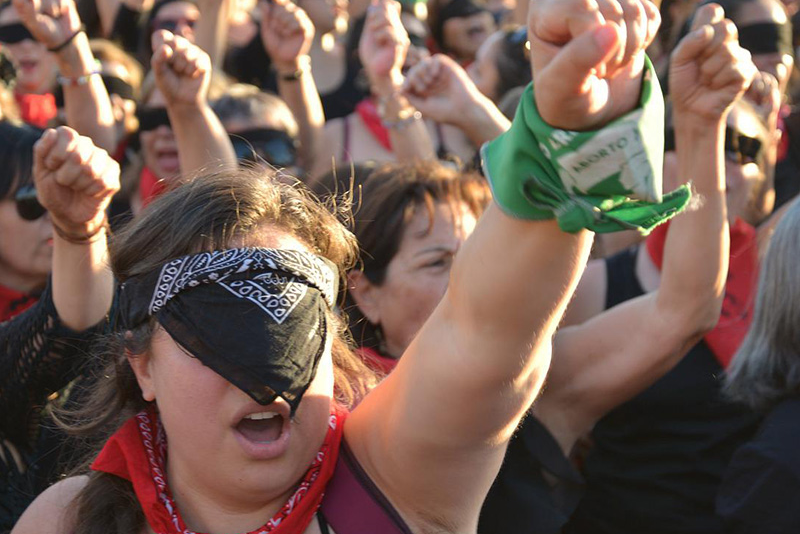Feminism and Community

Fall 2023
Course Description
Advanced course - As a political project with deep roots in the Enlightenment, feminism has been concerned with the relationship between individuals and their political and social communities from its inception. For centuries women had experienced that the societies they inhabited did not consider them as individuals, citizens, and members of the community with equal rights.The course examines a variety of feminist projects as they grew out of these experiences, and took on distinctive shapes, developing practices and theoretical frameworks all geared toward assessing, questioning, and refashioning women’s places, voices, and legal status in their respective societies, thus also addressing notions of community, collectivity, and democracy. We will also look at today’s globally connected community-building practices and examine how these joint efforts have given way to newly conceived notions of society and community in intersectional feminist theories.
Students will examine texts and practices of reading, writing, and conversation ranging from the sociability cultivated by elite women during the Haskala (the Jewish Enlightenment in Germany) to contemporary feminist theories of intersectionality, via the literary and political works of feminist artists and activists through the twentieth century. Amongst the authors read in the course are: Henriette Herz, Rahel Varnhagen, Hannah Arendt, Fanny Lewald, Mary Wollstonecraft, Rosa Luxemburg, Clara Zetkin, Alexandra Kollontai, Virginia Woolf, Georg Simmel, Ferdinand Tönnies, Claudia Jones, Vandana Shiva, Maria Mies, Uma Narayan, Saba Mahmood, Gloria Anzaldúa, Alice Walker, bell hooks, Adrienne Rich, Silvia Federici, Judith Butler, Kimberlé Crenshaw, Alice Walker, Bernardine Evaristo. Students from all campuses will work on group assignments throughout the semester, aimed at preparing online resources together with faculty.
This course counts toward the certificate in Public Policy and Economic Analysis.
Campuses Offering the Course
Bard College BerlinBRAC University